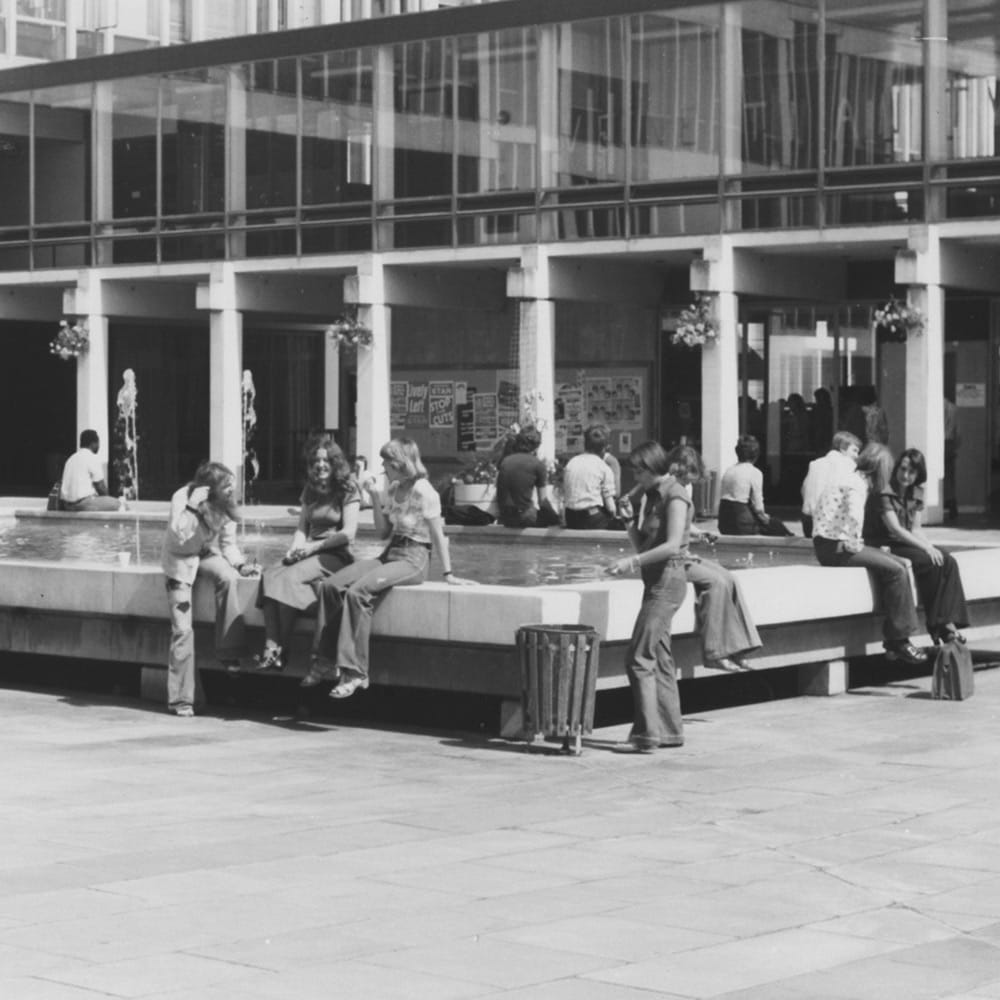‘Ours is not to reason why, ours is but to do and die’: Why I Chose to Study War
First written by Ashleigh Percival Borley for the Histoy at Essex blog.
Alfred Lord Tennyson’s poem ‘The Charge of the Light Brigade’ personifies the humble British soldier marching (or riding) to war unquestionably, whilst their superiors miscommunicate key orders and tactical doctrine of the time is ignored. War it seems is a human obsession. More has been written about the First World War than any other conflict, recent films like 1917 and The Battle for Midway proved extremely popular. Books, plays and TV series reimagines the human sacrifice in a chaotic world engulfed by war and is still popular with audiences today. Yet as a soldier and as a medic for almost 12 years, having experienced combat zones and humanitarian missions, my obsession with understanding the complex phenomenon of war has not abated. My name is Ashleigh and I am a 31-year-old mother of one, occupying a unique position of being a soldier-historian.
Whilst Tennyson writes that a soldier ‘is not to reason why, ours is but to do and die’, I found myself striving to reason and analyse my military experience. My father was in the Royal Air Force and my Grandad the Royal Navy; thus, I completed the triad by joining the British Army. Fascinated with history ever since I was a little girl and on reaching a zenith in my military career, I wanted to truly study history and formalise this long-held passion. Having completed a BA (Hons) via distance learning I wanted to continue my education and study a MA full time. I wanted a break from military life and to fully immerse myself in a diverse, lively and opportunity laden environment; Essex certainly provided that.
Initially I contacted Professor Lucy Noakes regarding the MA History and it was Lucy that drew my attention to the MA War, Culture and Society and how fortunate! The course has been wonderfully challenging with a diverse range of modules, that would suit many research interests. One day I could be discussing with my fellow postgraduate students the meaning of conflict, and the anthropological relationship with war, the next day I might be discussing psychological theories of trauma, debating the Anglo-centric dominant image of the First World War in literature or discussions on war and gender. The course also brought the postgraduate students across the History Department together in our Research Methods module. This created a lovely communal feel to the course and initiated permanent friendships.
The MA War, Culture and Society allowed me to mobilise my military experiences ‘and sent it into battle’. I was able to analyse my understanding and experience of war alongside my own research interests in a safe and academically challenging environment and I believe I, my fellow students and professors have reaped the benefit. It has helped me build the academic repertoire of skills to feel confident to pursue a Doctorate. It has been a humbling and wonderful experience and I am very glad I broke Tennyson’s stereotype and did strive to ‘reason why’.
